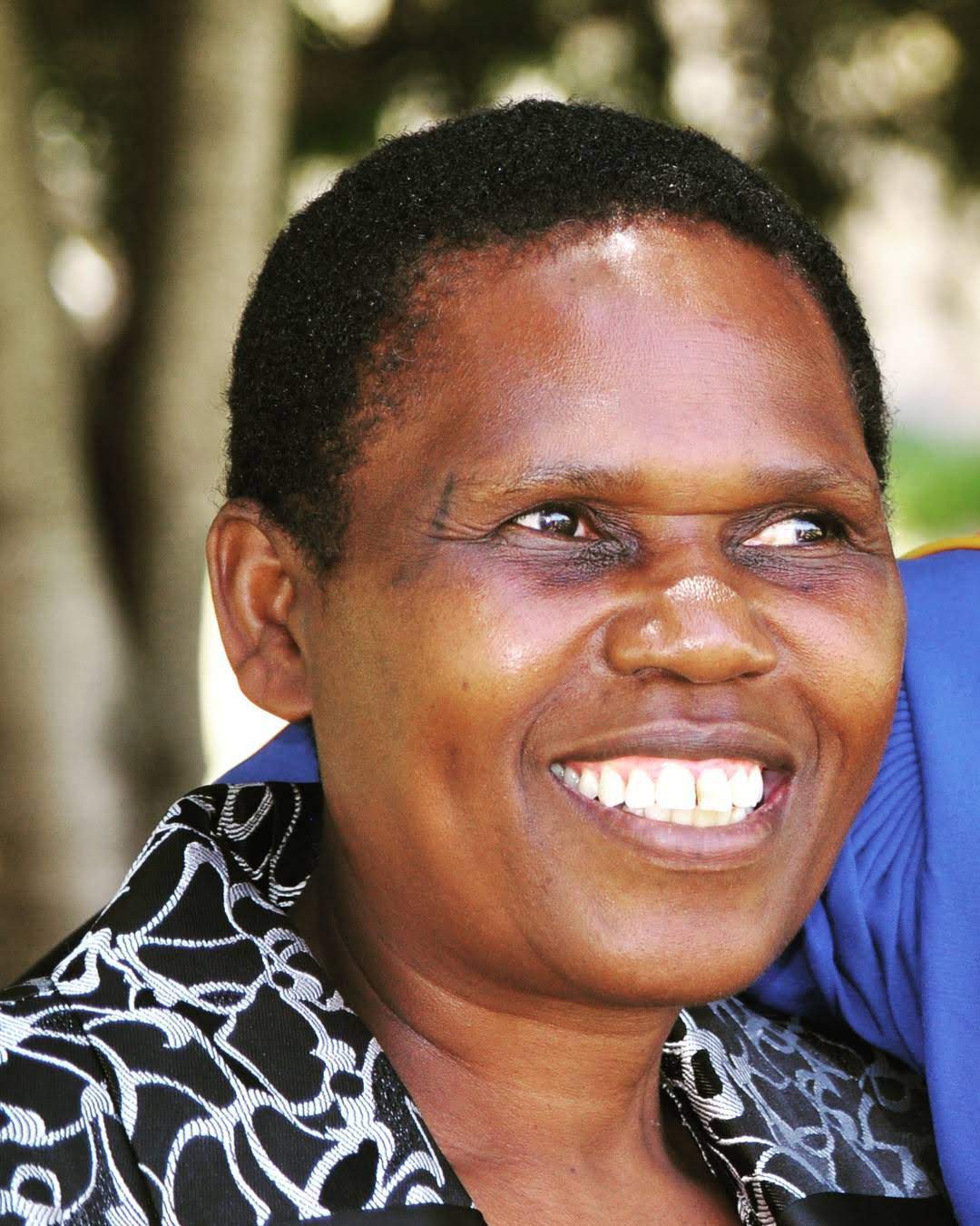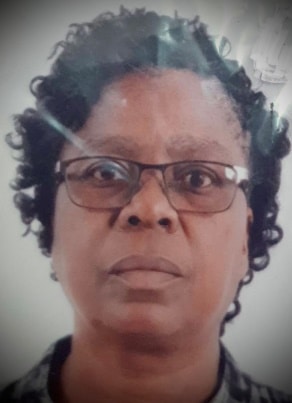In the same way, let your light shine before others, so that they may see your good works and give glory to your Father who is in heaven. Matthew 5:16
School and Community Collaboration
The school is regarded as part of the larger community, responsible for transmitting the values of that community to its members. Schools act as centers of influence, and their influence may be positive or negative. The community and the school should work together, pursuing the goal of being a positive influence in the interest of the society or nation at large. This collaborative venture has been demonstrated within the Solusi University Department of Teacher Education and its surrounding community.
While government curriculum requires teachers in training at Solusi University to develop community improvement projects, the Department of Teacher Education went a step further to engage students and faculty in community mission work. This involved a partnership between teachers, students and parents. As emphasized in Ellen White’s book Counsels to Parents, Teachers, and Students, this process equips teachers with a balanced, holistic education, allowing them to develop the head, the heart and the hand. While this may sound old fashioned, it has proved to be time-tested counsel. Besides providing holistic education to the students, this approach has a triple advantage. By integrating faith with learning, it benefits the student, the teachers, and the community.
Words on Faith and Learning
Integration of faith and learning may be described as blending Adventist faith values with the academic content of the curriculum for students. This was demonstrated in the teacher training curriculum for diploma students at Solusi University. Education has the power to help societies, and the world at large, change for the better.
According to Nelson Mandela, “Education is the most powerful weapon which you can use to change the world. Indeed Education is a powerful tool but an even more efficient weapon when it integrates faith and learning. It can be used to make the world a better place to live in as well as prepare people for a better world to come.”
Similarly, Ellen White notes, “It is necessary to their complete education that students be given time to do missionary work—time to become acquainted with the spiritual needs of the families in the community around them…. By working in humility, seeking wisdom from Christ, praying and watching unto prayer, they may give to others the knowledge that has enriched their lives.”
Learning by Doing
Teachers and students both learned much from teaming up to help the community. Two years later, reflecting on the program, some of the graduates commented, “the little we do in helping others goes a long way,” “there are many blessings from sharing,” and “I wish we could follow up on the community help we started.” Others said that they learned the benefits of teamwork.
These practical ways of integrating faith and learning can be used in any community that is interested in building a holistic education. If you are interested in starting this journey, some strategies that Solusi University has successfully used include:
- Conducting fellowship services in the neighboring community
- Building church infrastructure
- Teaching community children
- Training parents on childcare lesson
- Training community on nutrition & a healthy diet
- Working with junior teachers of primary schools to improve the academic performance of learners
Through this experience of reaching out, fellowshipping, and sharing materials, the teachers, students, and community have learned to care for the less fortunate among them.
An example of a specific outreach project carried out by Solusi University will be found in Part 2 and Part 3 of this series.


